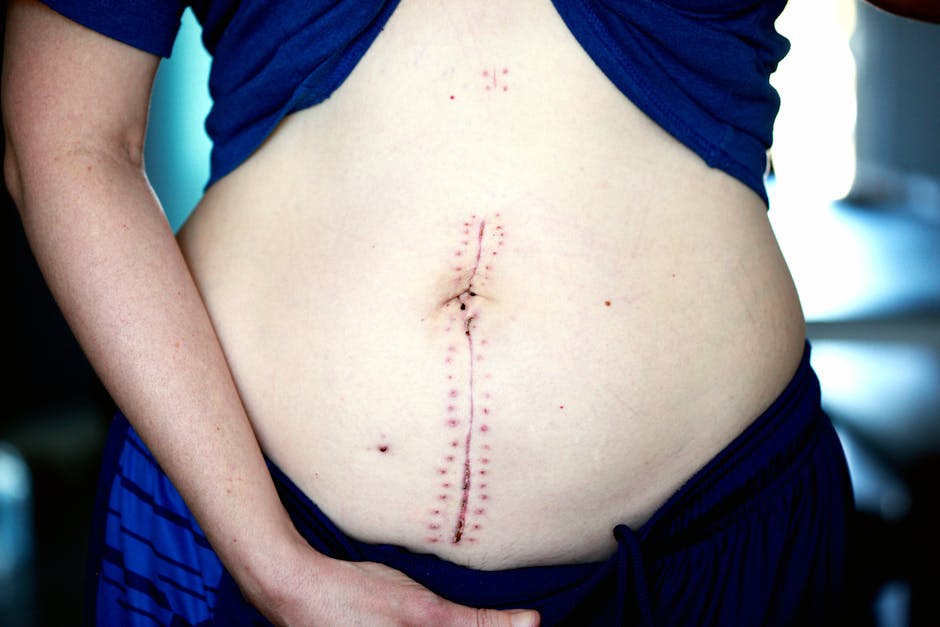Effective Post-Workout Recovery Tips for Faster Healing
Whether you’re a seasoned athlete or a fitness newbie, the importance of post-workout recovery cannot be overstated. Not only does it help your muscles heal and grow, but it also reduces the risk of injury and improves your overall performance. In this comprehensive guide, we will explore the most effective post-workout recovery tips to ensure faster healing and optimal results.
Understanding the Importance of Post-Workout Recovery
Post-workout recovery is a critical aspect of any fitness regimen. According to a study published in the Journal of Sports Sciences, inadequate recovery can lead to increased fatigue, compromised immune function, and even long-term injuries. By prioritizing recovery, you not only enhance your physical performance but also ensure a sustainable fitness journey.
Why Recovery Matters
During intense exercise, your muscles undergo microscopic tears. Recovery allows these tears to heal and build stronger muscle fibers. Without proper recovery, you risk overtraining syndrome, which can manifest as prolonged fatigue and decreased performance.
Top Tips for Effective Post-Workout Recovery
1. Hydrate Properly
Hydration plays a crucial role in muscle recovery. After a workout, your body loses fluids through sweat, and replenishing these is essential. Aim to drink at least 16-24 ounces of water for every pound lost during exercise.
2. Embrace the Power of Protein
Protein is the building block of muscle repair. Consuming a protein-rich snack or meal within 30 minutes post-workout can significantly enhance recovery. A study in the American Journal of Clinical Nutrition suggests that 20-25 grams of protein post-exercise is optimal for muscle synthesis.
3. Prioritize Sleep
Sleep is one of the most effective recovery tools available. During deep sleep, your body releases growth hormones that facilitate muscle repair. Aim for 7-9 hours of quality sleep each night to maximize recovery.
4. Implement Active Recovery
Active recovery involves low-intensity exercises, such as walking or yoga, which enhance blood circulation and reduce lactic acid buildup. Engaging in active recovery can significantly reduce muscle soreness and speed up healing.
5. Utilize Foam Rolling Techniques
Foam rolling is a form of self-myofascial release that helps alleviate muscle tightness and improve flexibility. A study in the Journal of Athletic Training found that foam rolling can reduce delayed onset muscle soreness (DOMS) by up to 50%.
Advanced Recovery Strategies
6. Consider Cold Therapy
Cold therapy, such as ice baths, can reduce inflammation and speed up recovery. While not suitable for everyone, athletes often use this method to combat muscle soreness after intense training sessions.
7. Invest in Compression Garments
Compression garments can improve blood flow and reduce muscle fatigue. Research in the Journal of Sports Medicine indicates that wearing compression gear post-exercise can enhance recovery by reducing muscle swelling and perceived soreness.
8. Try Massage Therapy
Massage therapy is a popular recovery technique that reduces muscle tension and promotes relaxation. Regular massages can help improve circulation and alleviate muscle pain, leading to faster recovery times.
Nutrition: The Cornerstone of Recovery
9. Balance Your Macronutrients
A well-rounded diet is crucial for recovery. Ensure you consume a balanced mix of carbohydrates, proteins, and fats to fuel your body and aid muscle repair. Carbohydrates replenish glycogen stores, while fats support hormonal balance.
10. Stay Consistent with Antioxidants
Antioxidants help combat oxidative stress caused by intense exercise. Foods rich in antioxidants, such as berries, nuts, and leafy greens, should be a staple in your post-workout nutrition plan.
Conclusion: Embrace a Holistic Approach to Recovery
Effective post-workout recovery is not a one-size-fits-all solution. It requires a comprehensive approach that considers hydration, nutrition, sleep, and active recovery. By implementing these strategies, you can significantly enhance your healing process, reduce the risk of injury, and achieve your fitness goals faster.
Remember, recovery is just as important as the workout itself. Prioritize it, and your body will thank you with improved performance and resilience.



